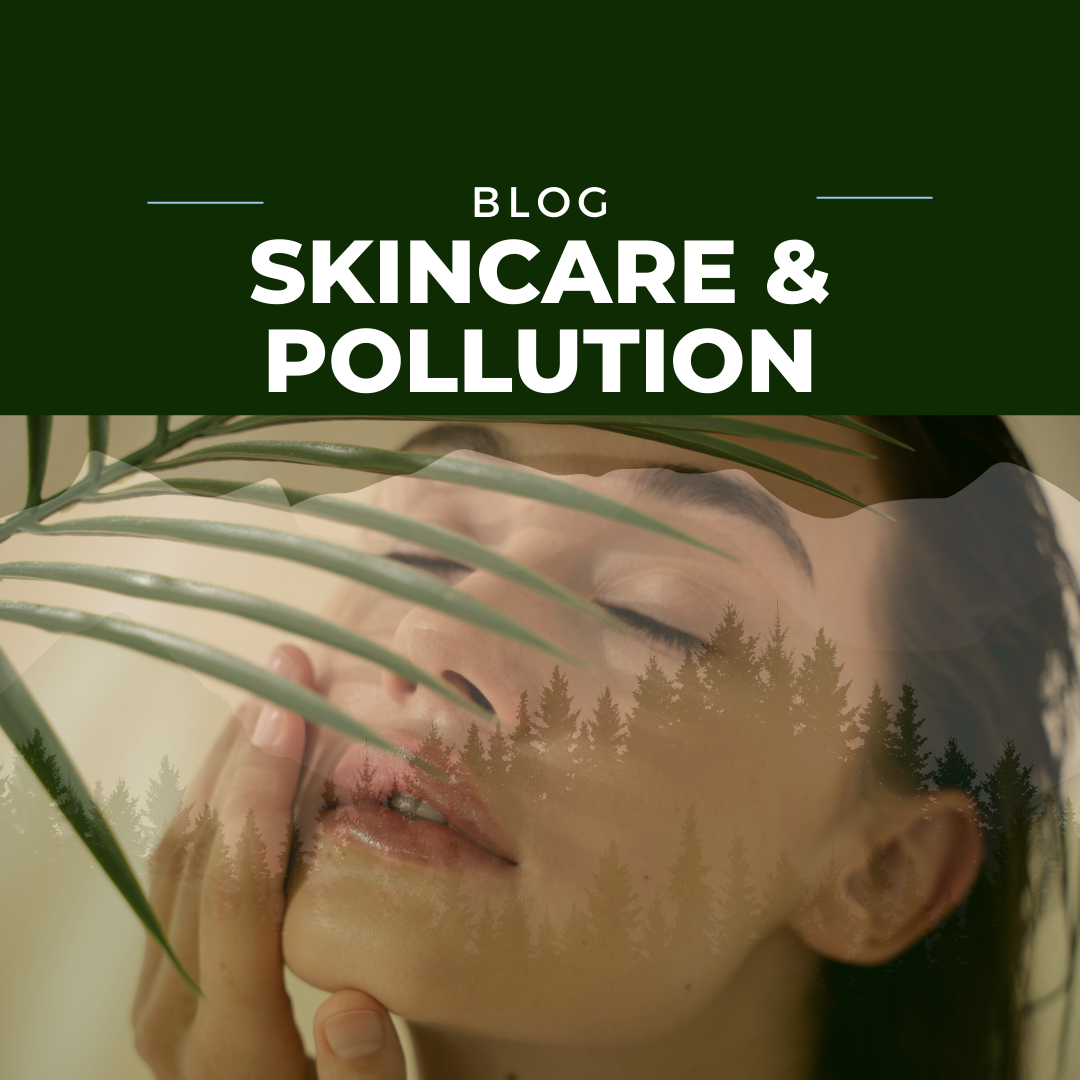
Navigating Skin Health: Unveiling the Hidden Impact of Pollution
Introduction
In an era where environmental concerns are at the forefront, the intricate link between pollution and skin health emerges as a topic of paramount importance. Our skin, a resilient yet sensitive organ, faces the relentless onslaught of pollutants daily. This article delves into the multifaceted ways in which pollution, an often overlooked adversary, impacts skin health, accelerating aging, aggravating acne, and potentially increasing cancer risks.

Understanding Pollution and Its Constituents
Pollution, a complex amalgamation of various elements, poses significant threats to skin health. Predominantly composed of particulate matter, noxious gases (like nitrogen dioxide), and heavy metals, these pollutants create a hostile environment for the skin. When these contaminants come into contact with the skin, they can penetrate the epidermal layers, unleashing a cascade of detrimental effects. The interaction between these pollutants and the skin isn't just superficial; it's a deep-seated assault that alters the skin's structural integrity and physiological balance.

Effects of Air Pollution on Skin
Air pollution, an invisible yet pervasive aggressor, wields a profound impact on the skin. It accelerates the natural aging process, leading to premature wrinkles and fine lines. But the havoc wreaked by air pollution extends beyond mere cosmetic concerns. It's a catalyst for acne and other blemishes, disrupting the skin's natural balance and exacerbating inflammatory responses. By penetrating the skin's protective barrier, pollutants trigger oxidative stress, an imbalance that not only damages skin cells but also hampers their ability to repair and rejuvenate.

The Link Between Pollution and Skin Aging
The connection between pollution and accelerated skin aging is a tale of oxidative stress and collagen degradation. Pollutants in the air foster the formation of free radicals, unstable molecules that attack and break down collagen, the protein responsible for maintaining skin elasticity and firmness. This relentless assault on collagen results in a loss of skin elasticity, leading to the onset of wrinkles and sagging skin. Moreover, pollutants can activate specific pathways in skin cells that exacerbate the aging process, making pollution not just an environmental concern but a personal one as well.

Pollution, Acne, and Skin Blemishes
The link between pollution and skin conditions like acne and blemishes is increasingly evident. Pollutants act as irritants, disrupting the skin's natural oil balance and clogging pores, which in turn leads to acne. Additionally, the particulate matter in pollution can carry polycyclic aromatic hydrocarbons (PAHs), which further exacerbate skin inflammation and blemish formation. This not only affects the appearance of the skin but also its health, leading to a cycle of irritation and sensitivity that can be challenging to break.
Protecting Your Skin from Pollution
Combatting the effects of pollution on the skin requires a multifaceted approach. Incorporating anti-pollution skincare products, rich in antioxidants and protective agents, is crucial. These products create a barrier, shielding the skin from pollutants. Regular cleansing to remove particulate matter and adhering to a skincare routine that includes products with Vitamin C and E, known for their antioxidant properties, are vital steps. Furthermore, lifestyle adjustments such as avoiding high-pollution areas and using protective clothing can significantly mitigate the adverse effects of pollution on the skin.
Pollution and Skin Cancer: Understanding the Connection
While the direct link between pollution and skin cancer is still under investigation, existing research suggests a potential correlation. Pollutants like PAHs and volatile organic compounds (VOCs) have been identified as carcinogens, which could play a role in skin cancer development. Constant exposure to these pollutants may increase the risk of skin mutations and, consequently, cancer. Protective measures, including the use of sunscreens with antioxidants and regular skin checks, are recommended to reduce this risk.

Conclusion and Key Takeaways
Pollution's impact on skin health is an issue of increasing concern. From accelerating aging to contributing to acne and potentially increasing skin cancer risks, the effects are widespread and significant. Protecting the skin requires a comprehensive approach, blending skincare routines with lifestyle changes.
Key Takeaways:
- Pollutants Penetrate Deeply: Pollution goes beyond surface-level impact, affecting the skin's structural integrity and health.
- Oxidative Stress and Aging: Air pollutants accelerate skin aging through oxidative stress and collagen breakdown.
- Acne and Skin Blemishes: Pollution exacerbates skin conditions like acne by disrupting natural oil balance and clogging pores.
- Skincare and Lifestyle Adjustments: Incorporating anti-pollution skincare products and lifestyle changes is essential for protection.
- Potential Cancer Link: While still under research, there's a possible connection between pollution and increased skin cancer risks.
In conclusion, understanding and mitigating the impact of pollution on skin health is essential for maintaining both the aesthetic and functional integrity of this vital organ. By embracing protective strategies and staying informed, we can effectively shield our skin from the unseen yet significant threat of pollution.

